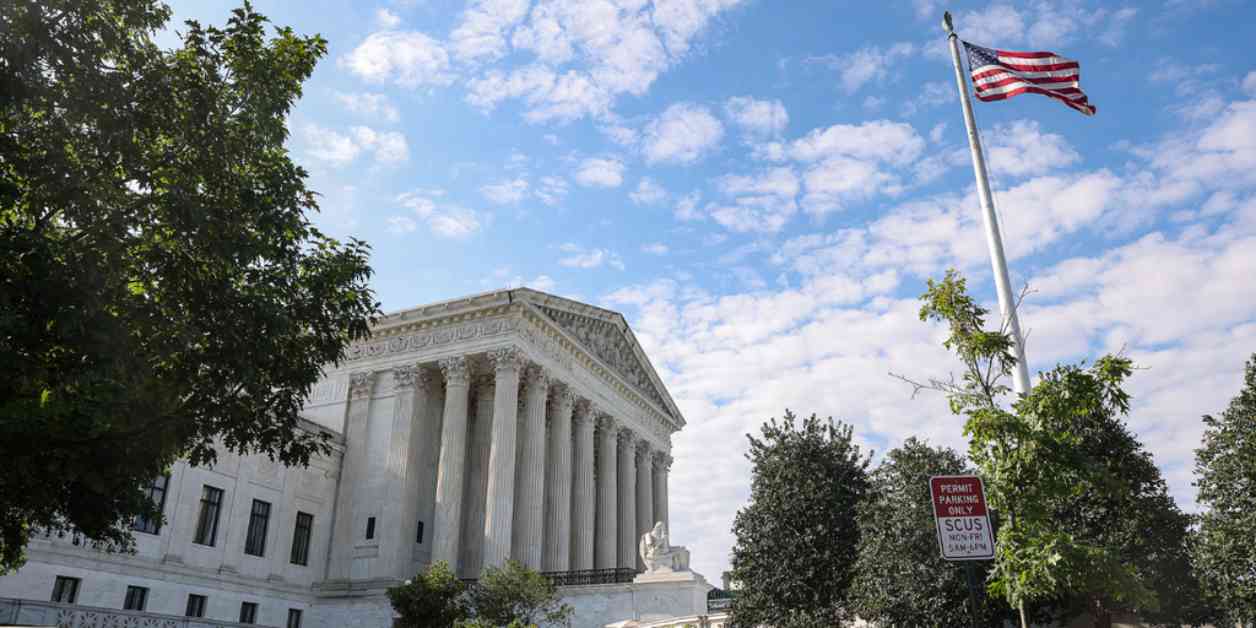The U.S. Supreme Court recently made a decision regarding anti-camping laws in Grants Pass, Oregon. These laws allowed authorities to prevent homeless individuals from sleeping in public parks and streets. The court ruled 6-3 in favor of upholding these ordinances, overturning a lower court ruling that enforcing the laws without available shelter violated the Eighth Amendment’s prohibition on cruel and unusual punishment. This decision gives local and state governments more flexibility in addressing the national homelessness crisis.
Homelessness continues to be a complex issue in the United States, with many municipalities facing a shortage of affordable housing. On any given night, over 600,000 people are homeless, according to government estimates. The case in question focused on three ordinances in Grants Pass that prohibit sleeping in public streets, alleyways, and parks while using blankets or bedding. Violators face fines and potential jail time for repeat offenses.
Advocates for the homeless, along with various legal groups and critics, argue that these laws criminalize homelessness and punish individuals for actions they cannot avoid, such as sleeping in public. They reference a 1962 Supreme Court ruling that prohibits punishing individuals based on their status rather than their conduct. During the Supreme Court arguments, there was a debate over whether homelessness can be considered a status that would prevent the enforcement of local laws.
The Biden administration supported the plaintiffs in this case, stating that an “absolute ban” on sleeping in the city effectively criminalizes homelessness. However, they suggested that the lower court rulings were too broad and needed reconsideration. On the other hand, proponents of these laws, including government officials, argue that they are essential for maintaining public safety.
The case began in 2018 when three homeless individuals filed a class-action lawsuit to block the anti-camping measures in Grants Pass. One of the plaintiffs has since passed away. U.S. Magistrate Judge Mark Clarke ruled that the city’s approach to homelessness violated the Eighth Amendment and prevented them from enforcing the ordinances. The 9th U.S. Circuit Court of Appeals also upheld this decision.
The city defended its position by pointing out that homeless individuals have alternatives outside the city, such as undeveloped federal land, county campsites, or state rest stops. However, the judge criticized this argument, stating that it reflects poorly on the city’s treatment of its homeless population by essentially trying to drive them out or punish them for staying.
In conclusion, the Supreme Court’s decision to uphold the anti-camping laws in Grants Pass, Oregon, has implications for how local and state governments address homelessness. While proponents argue that these laws are necessary for public safety, critics believe they unfairly target homeless individuals. The ongoing debate surrounding homelessness and legal enforcement highlights the challenges in finding effective and compassionate solutions to this pressing issue.


